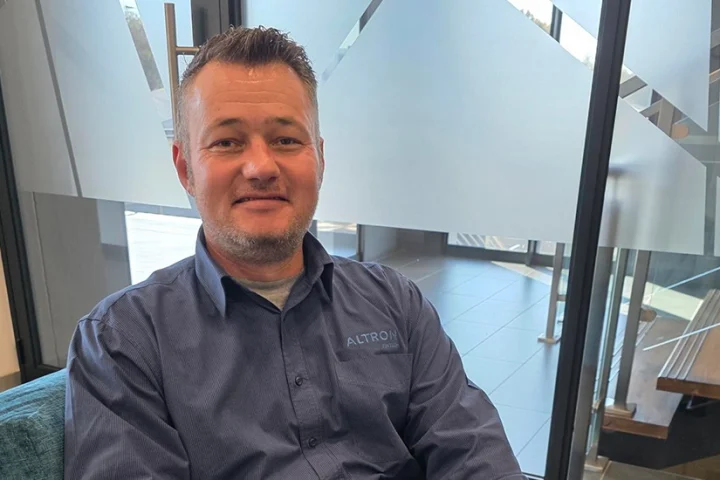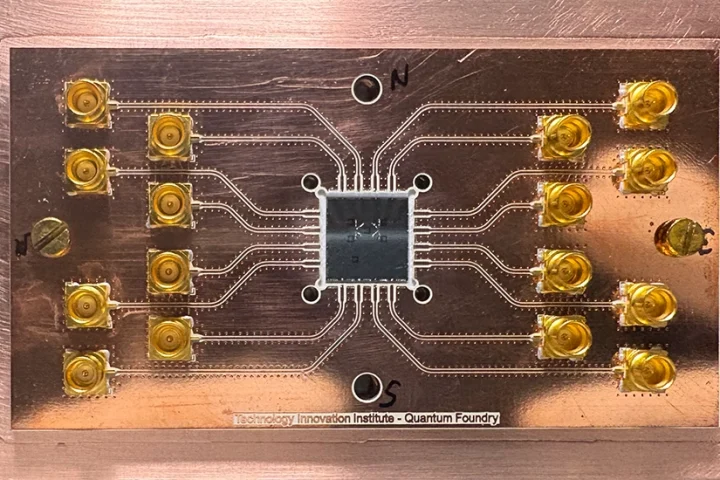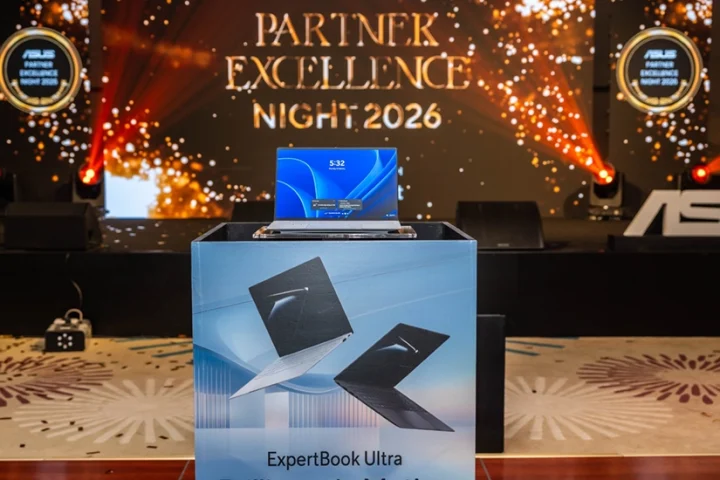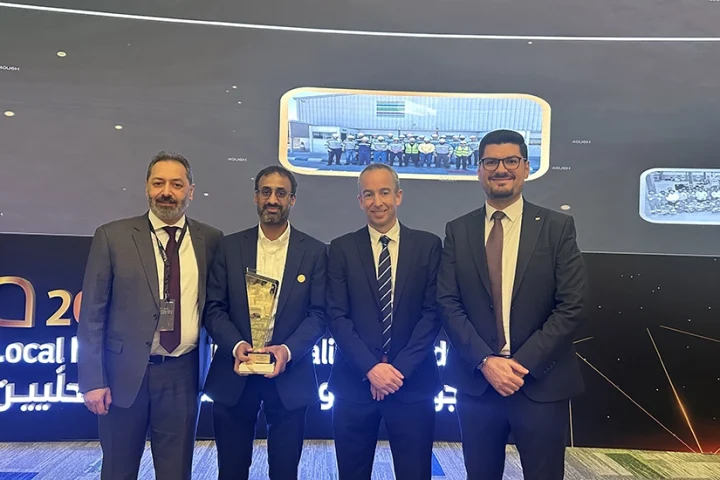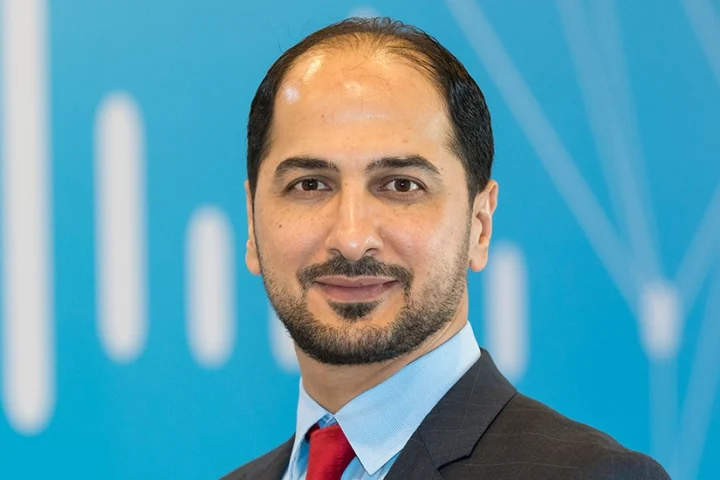Aruba, a Hewlett Packard Enterprise company, has announced significant enhancements to Aruba ESP, Edge Services Platform, that unifies IoT, IT, and Operational Technology, OT, networks to enable customers to quickly adapt to changing environments and user requirements. Aruba ESP is the first fully programmable platform to generate contextual information about identity, location, security posture, and applications in use to power efficient decision making and AIOps. Built to integrate with devices and applications from Aruba’s technology partners, customers can now become hyper-aware of their operating environment so they can quickly adapt to evolving business, visitor, and employee demands.
Today, connected facilities only provide device connectivity for subsets of control services, whereas hyper-aware facilities can leverage Aruba ESP-generated contextual data to dynamically adapt a facility to its occupants and operating environment. Unifying these IoT, IT, and OT networks under the Aruba ESP platform, and capturing rich context, enables hyper-aware facilities that are safer, more adaptive, and enhance productivity. That represents a quantum leap forward over what can be achieved by basic connectivity and machine learning-based monitoring.
These enhancements to the Aruba ESP cloud-native, AI-powered platform are integral to sensing, analysing, and reacting to device data and contextual information. Aruba access points and switches now serve as multi-protocol IoT/OT platforms that interface with Aruba’s expanded technology partner ecosystem. Virtually every subsystem spanning machine inputs and outputs on a manufacturing floor through multimedia devices in the CEO suite can be accommodated, from social distance monitors to gunshot detectors, rotating equipment monitors to guest wayfinding, with solutions tailored for education, enterprise, healthcare, hospitality, industrial, manufacturing, retail, transportation, and government applications.
Hyper-aware smart buildings for enterprises, education, healthcare, hospitality, retail, and government
- Building control and digital twin enablement. Using native AI capabilities to create real-time simulation models that change and learn in lock-step with the building, Aruba and technology partners like Microsoft with its Microsoft Azure IoT platform can create digital twins or software models to identify sub-optimised processes, recommend operational enhancements, and monitor the trajectory of energy usage needed for proactive interventions.
- Context-aware, real-time integrated emergency response and notification. During an incident, building occupants need real-time safety information pushed to their mobile devices and first responders need to continuously communicate with those in possible danger. Aruba ESP, with integrated solutions from technology partners like Critical Arc and Patrocinium, can actively communicate with tenants, visitors, and staff, and use unique 4D graphics for first responders to quickly see where people are situated within buildings.
- Seamless extension of the 5G footprint with Wi-Fi. Aruba ESP allows mobile operators to extend their 5G footprint into the building and seamlessly power Wi-Fi calling while delivering gigabit-class guaranteed performance using Aruba Air Slice technology. This provides a seamless user experience and non-stop connectivity without the need for costly and complex distributed antenna systems.
Hyper-aware industrial facilities
- Migrating from break/ fix to proactive maintenance. Proactively addressing maintenance issues minimises downtime, and maximises the utilisation and performance of assets, reducing a ESP enables machinery sensors to monitor equipment like motor drives, valves, and pumps for abnormal behaviour, to identify points of failure before they happen, improving productivity, reliability, and efficiency.
- Monitoring personnel and asset safety. For environments with potentially explosive conditions, location-based safety systems are often mandated to safeguard employees and visitors. Aruba ESP, together with technology partner Mobilaris, can deliver real-time 3D situational awareness by tracking the location of people and assets, and can integrate with automated ventilation, geofencing, and vehicular navigation systems.
To enable the automation needed to deliver these use cases at scale, Aruba AIOps uses AI and big data to continuously optimise, detect, isolate, and remediate network issues that impact reliability. As sources of IoT, IT, and OT data expand, it becomes increasingly difficult to isolate the source of problems or optimise the infrastructure. Arubaís Cloud AI already combines telemetry data from over 65,000 customers and one million network devices, supplemented with 18 years of domain expertise to inform supervised learning.
Aruba ESP produces AI-powered insights with greater than 95% accuracy to automatically improve communications and visibility across and among IoT, IT, and OT networks. Embedded within Aruba ESPís unified infrastructure and zero trust security framework allows Aruba AIOps to transcend basic connectivity and simplistic machine learning-based monitoring. Aruba AIOps is a game changer for improved uptime and shortened repair times.
In addition to Unified Infrastructure and AIOps, ESP generates contextual data that make networks situationally aware for enterprise security. The Zero Trust Security framework ensures no user or IoT device is granted entry or ongoing access unless trustworthy. This framework uses AI and exchanges security and policy with more than 130 security technology vendors to obtain a deep understanding of each device and its role, allowing hyper-aware facilities to fold security activities into situational awareness.
“Machines, applications, and interfaces are typically tailored to each IoT, IT and OT vertical application, driving complexity in network management,” said Will Townsend, Senior Analyst, Moor Insights and Strategy. “I have analysed Aruba ESP and believe its architectural platform based on a unified infrastructure, zero-trust security, and AIOps has the potential to reduce complexity and accelerate smart facility and hyper-awareness use cases both on-prem and in the cloud.”












